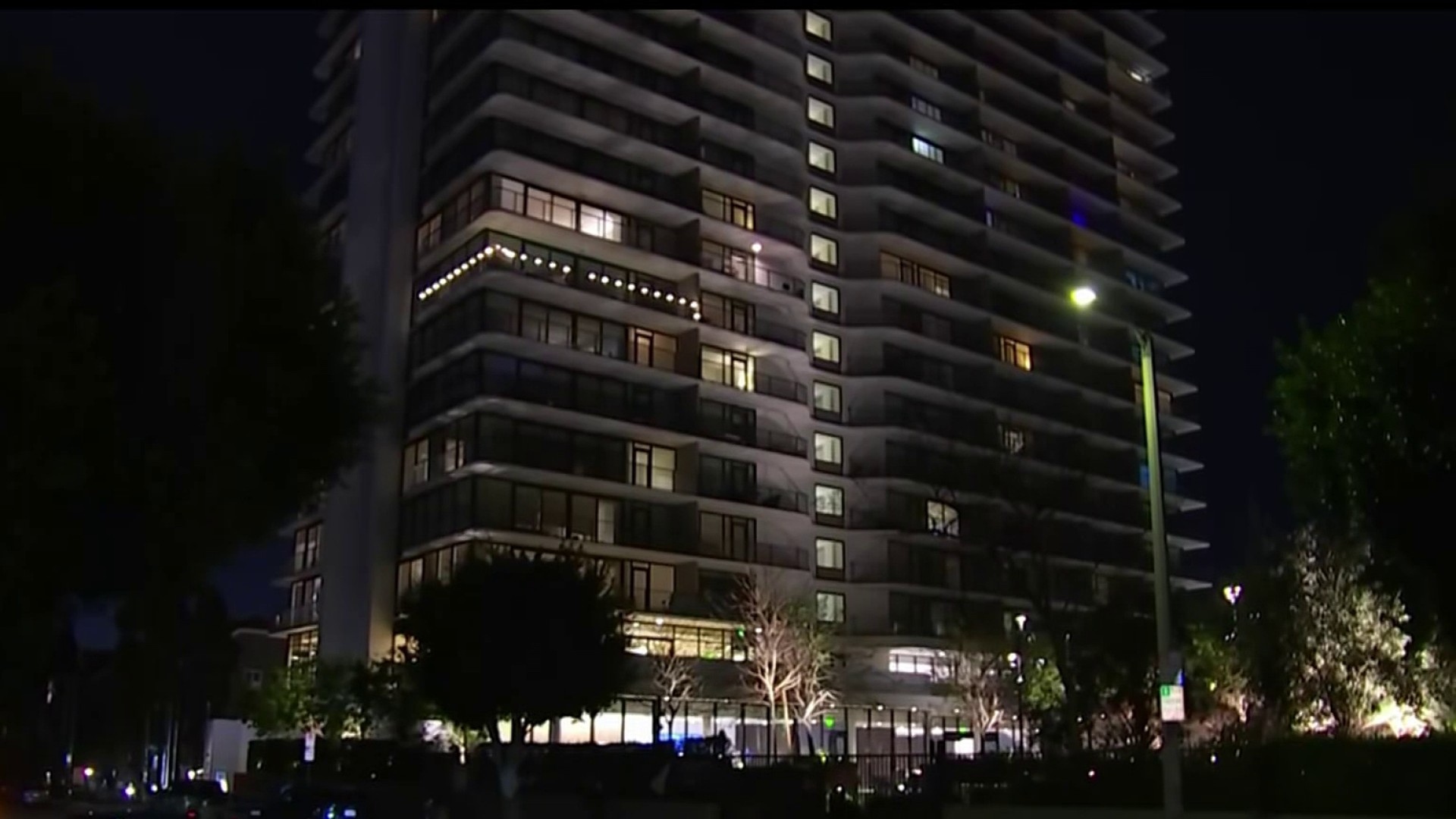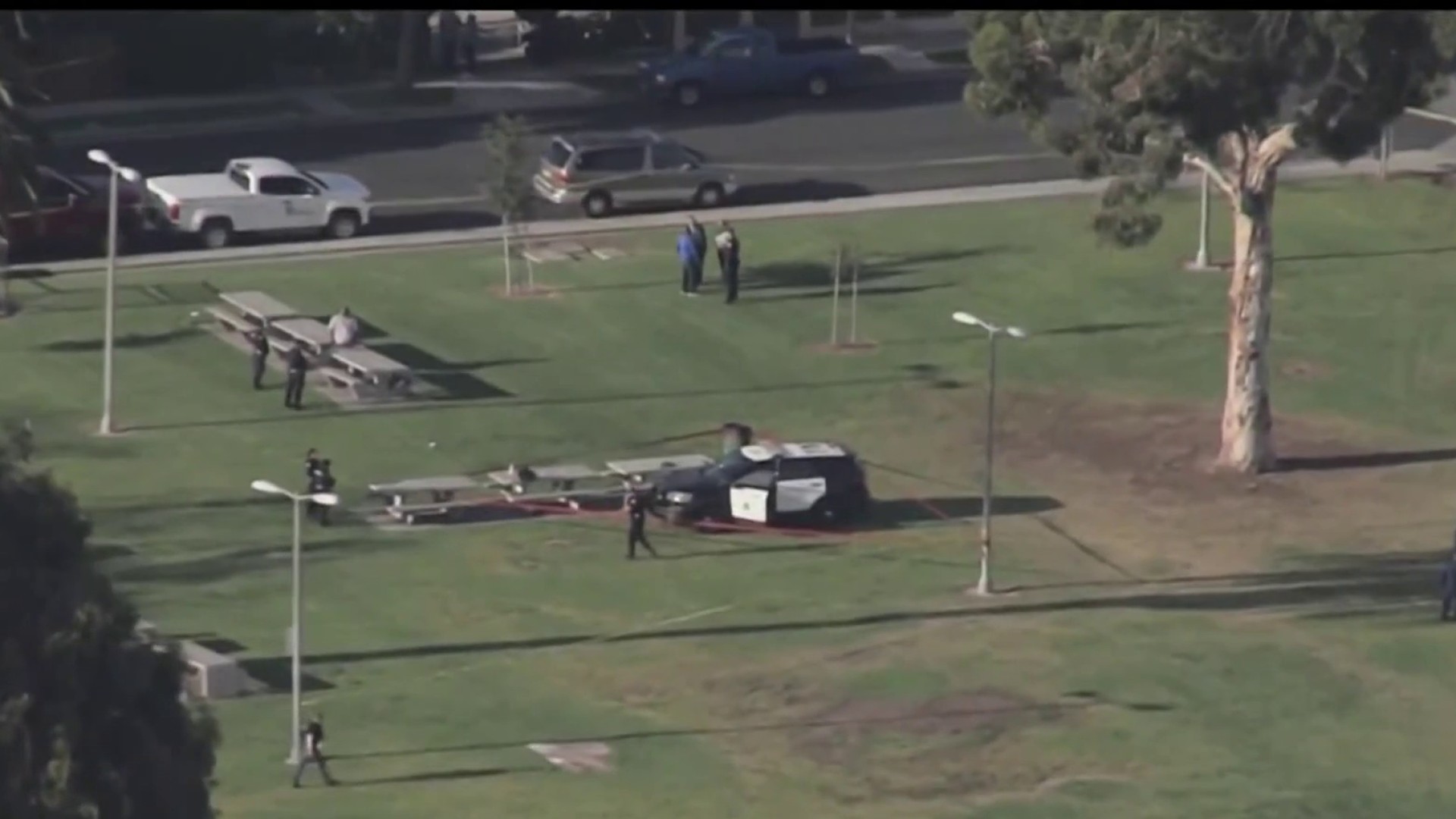Anthony Ng, 23, has a lot to be thankful for this Thanksgiving season. For the first time in years, he says he is not afraid to talk about his immigration status.
The young San Fernando Valley man feels empowered by a small piece of plastic, his first official American ID card.
"If I didn't tell my friends I was undocumented, they would not know,” Ng said. “I talk, I speak, I act like an American.”
Ng is one of the most recent undocumented immigrants in Los Angeles to qualify for Deferred Action for Childhood Arrivals, or DACA. The program, announced by President Obama this past summer, allows some undocumented young people who meet specific criteria to work legally in the country and be safe from deportation for two years.
Those who qualify also get the opportunity to renew their status.
According to the U.S. Citizenship and Immigration Services, the department of the federal government in charge of reviewing DACA applications, nearly 299,000 applications have been accepted. That's out of almost 309,000 applications received as of Nov. 15.
An USCIS spokesperson says about 10,000 applications have been rejected for clerical reasons such as a missing signature or lack of the $465 fee needed to complete the process.
Local
Get Los Angeles's latest local news on crime, entertainment, weather, schools, COVID, cost of living and more. Here's your go-to source for today's LA news.
For Ng, having completed the process is a kind of milestone.
"It really makes me feel like an adult; now I get to get a driver’s license, small things like that," Ng says.
He received his work authorization card in the mail just days before Thanksgiving.
Betty Hung, policy director at the Asian Pacific American Legal Center, says the group has helped nearly 700 locals like Ng get approved.
"We started getting calls right away," Hung said.
"It’s just a first step. It does not provide a path to citizenship. It is not the DREAM Act," she said, referring to controversial legislation long desired by immigration activists that would legalize some undocumented youth.
Unlike Deferred Action, the DREAM Act does provide a way for some undocumented immigrants to naturalize. The bill stalled in the Senate in 2010.
"If the Dream Act passes, it would get me some sort of immigrant solution,” Ng said.
Ng arrived in California 12 years ago from the Philippines. He remembers with fondness his first trip to Universal Studios and family vacations in San Francisco.
He feels luckier than other undocumented youths because he graduated from University of California Irvine last fall. He was able to get a scholarship but could not qualify for financial aid because of his immigration status.
"I was privileged to have the opportunity to not have to stop every year and work three or four jobs to collect money for one quarter," Ng explained.
With aspirations to go to law school, Ng will now use his new status to continue his work as an immigration consultant at the APALC offices in Downtown Los Angeles.
"I need to not only preach what I say but do it," Ng said.
He plans to help others achieve what he is finally beginning to do: live the American dream.
"We are contributing members to society. We don't need to live underground," Ng said. "We are Americans."



